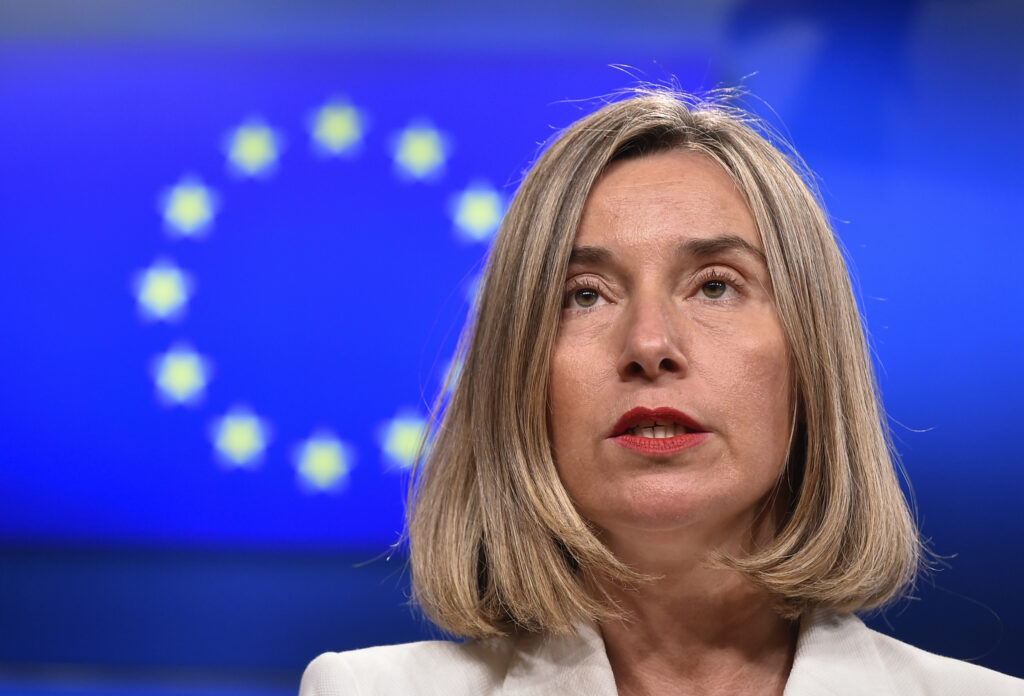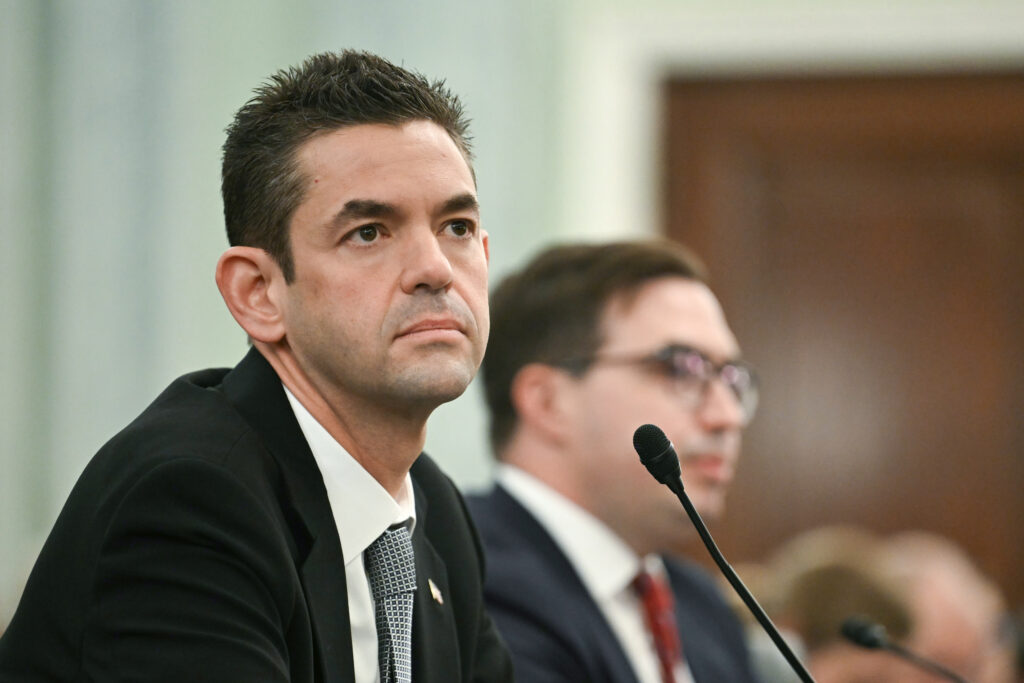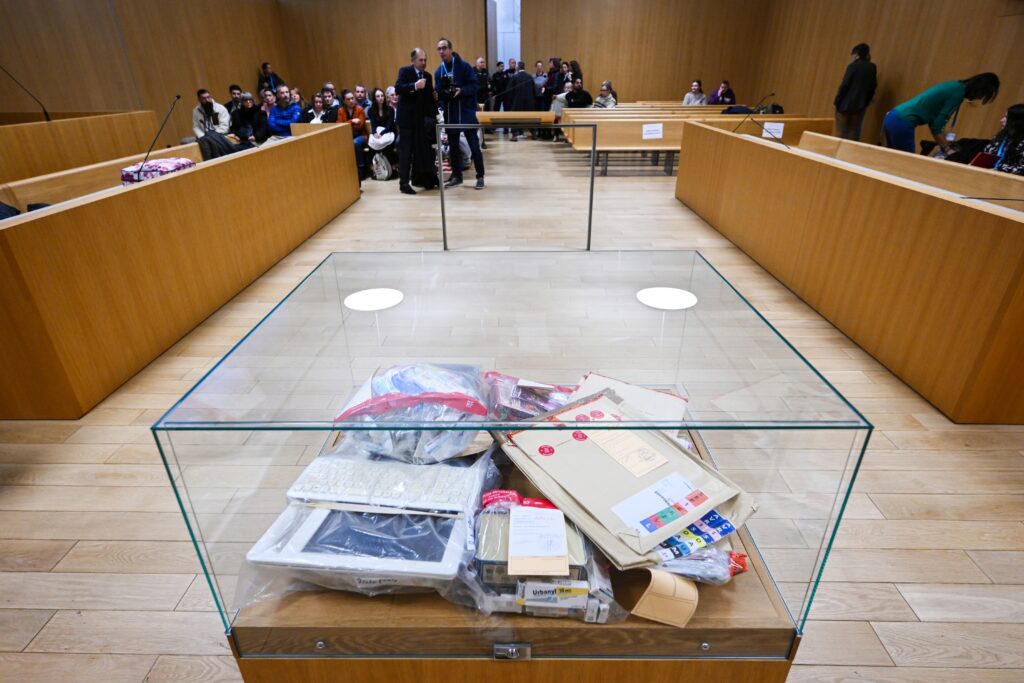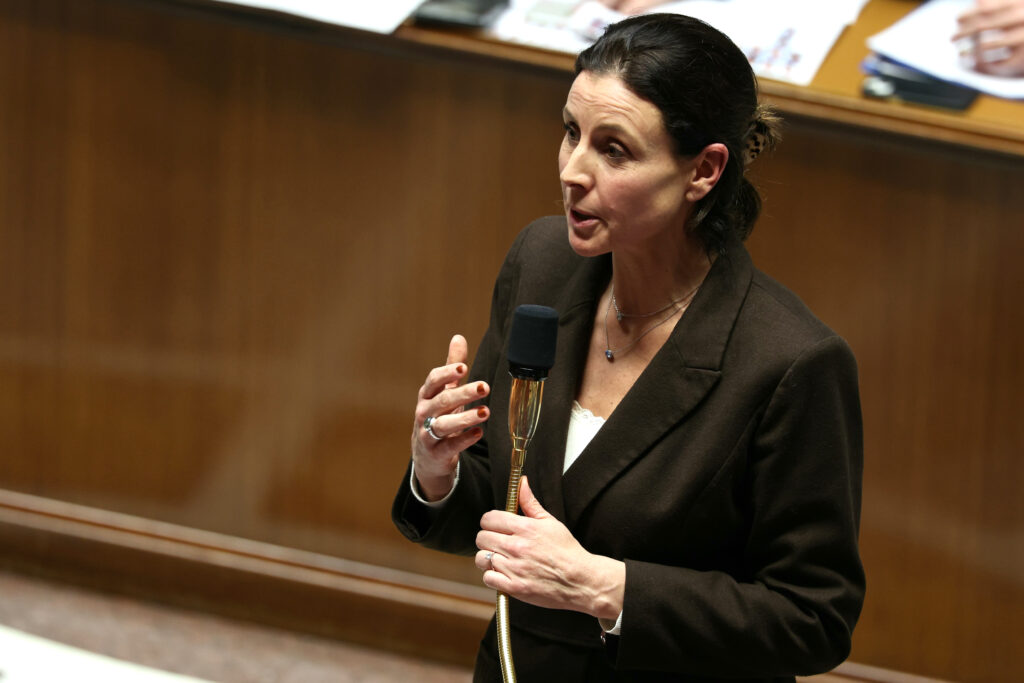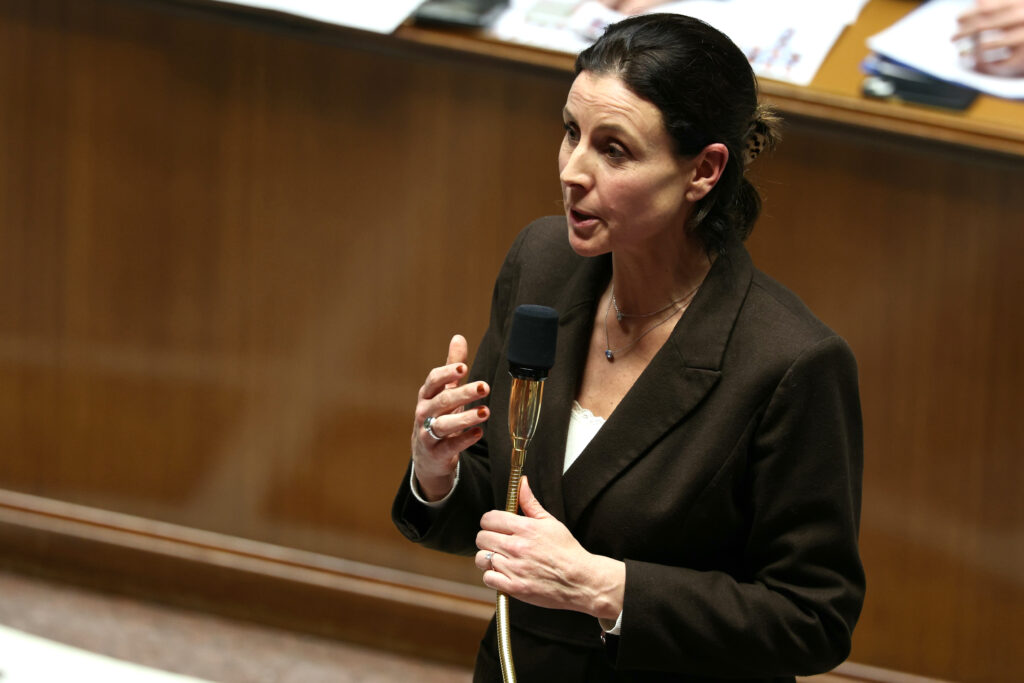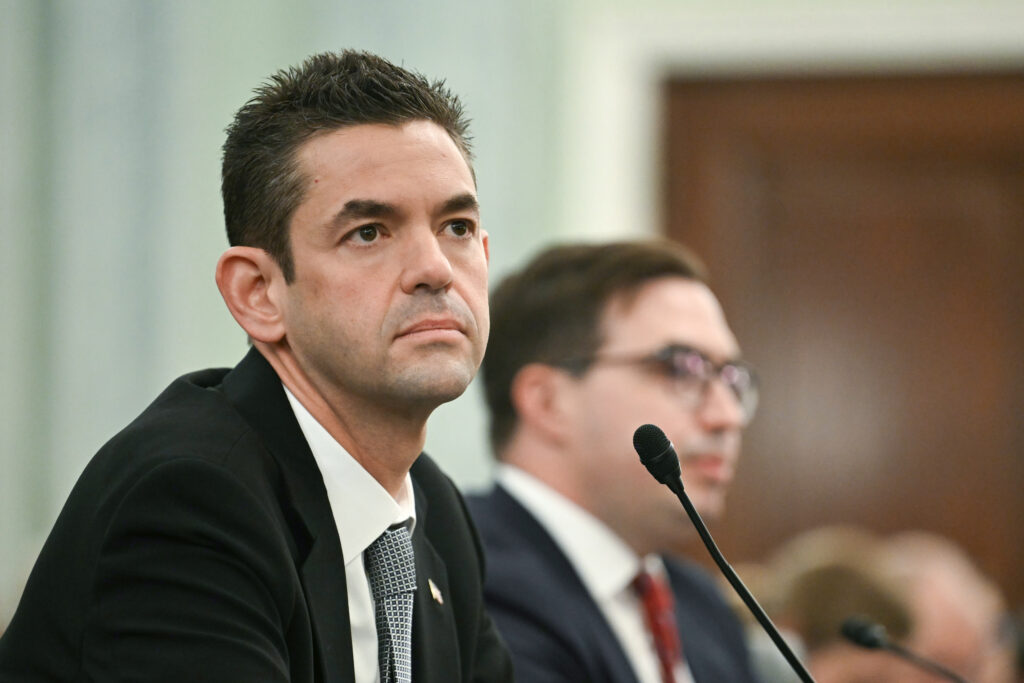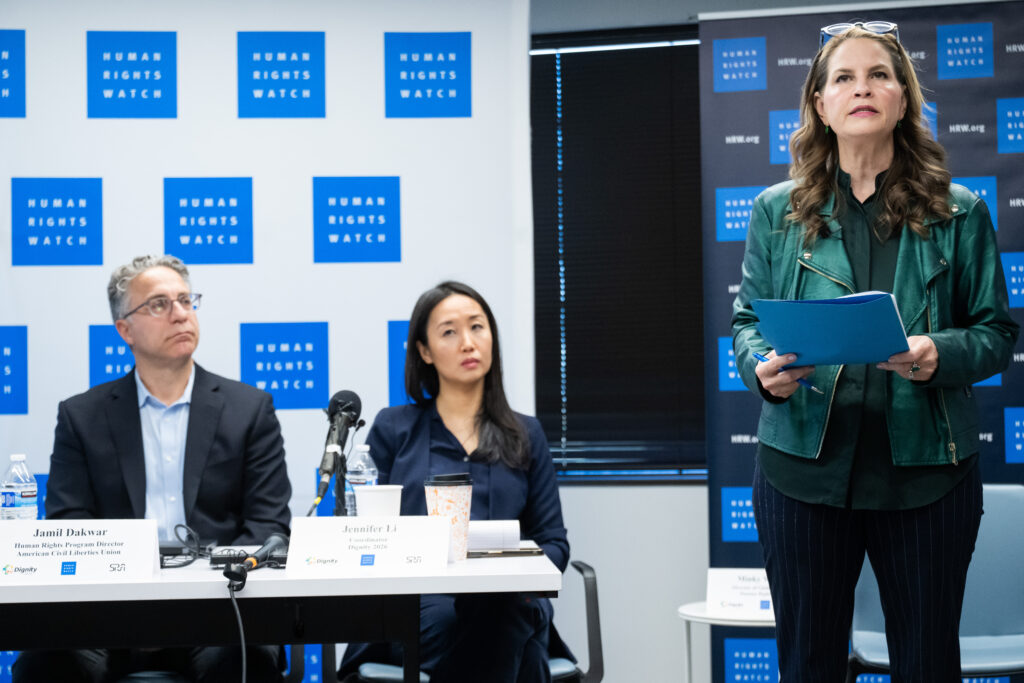Maylis Daubon a été condamnée à 30 années de réclusion criminelle pour avoir empoisonné ses deux filles, dont l’une est morte, et avoir voulu faire assassiner son ex-mari, mercredi devant la cour d’assises des Landes.À Mont-de-Marsan, l’accusée âgée de 53 ans a été reconnue coupable de l’empoisonnement de sa fille Enea, morte à l’âge de 18 ans après une absorption massive de médicaments. Des analyses ont également révélé la prise importante d’un somnifère réservé aux adultes chez la fille cadette Luan, mais cette dernière a défendu l’innocence de sa mère à la barre.”La cour a estimé votre culpabilité acquise” sur les faits concernant Enea et “la vie de Luan a été sauvée du fait de votre interpellation”, a déclaré Emmanuelle Adoul, la présidente de la cour d’assises, au moment du verdict.La magistrate a justifié la décision, prise à la majorité, “au regard de la gravité des faits, de la mort d’Enea, de leur durée, des modes opératoires et des préjudices pour les parties civiles”.La cour a assorti la peine d’une période de sûreté de 20 ans, plus longue de cinq ans que celle requise par l’avocat général, qui avait également demandé 30 ans de réclusion criminelle.Dans son box, Maylis Daubon, est restée stoïque, la tête basse, dissimulée par ses cheveux, sans regard pour la cour. Elle a dix jours pour faire appel.Me Gérard Danglade, l’un de ses deux avocats, a qualifié le verdict d'”extrêmement lourd et inquiétant”. “Sa culpabilité posait vraiment un problème sur le plan du doute du doute, du mode opératoire, du mobile”, a-t-il fait valoir, sans exclure un appel de sa cliente. “Vu l’importance de la peine, elle va très sérieusement y réfléchir.”- Convulsions -Enea, déscolarisée depuis plus d’un an et souffrant de troubles psychologiques, a été prise d’une crise de convulsions le 13 novembre 2019 au domicile familial. Sa mort a été causée par une prise de Propranolol, un bêta-bloquant qui ralentit l’activité du cœur, à un taux “dix fois supérieur à la dose thérapeutique”, selon l’enquête.Selon les réquisitions de l’avocat général, “rien” ne pouvait étayer la thèse du suicide de la fille aînée, avancée par l’accusée pour clamer son innocence. La mère avait deux mobiles, selon lui: “J’ai une emprise sur quelqu’un qui va m’échapper, je ne peux pas le supporter, je le tue. C’est le syndrome de Münchhausen par procuration. Et la détestation du père, tellement forte”.Yannick Reverdy, ancien international français de handball, avait divorcé en 2009 de Maylis Daubon, qui l’accusait de violences, et avait ensuite perdu contact avec ses filles. En larmes au moment du verdict, il a déclaré ensuite avoir une “pensée” pour Enea, qui “a vécu un martyre”.”C’est le combat de ma vie et peut-être un nouveau départ”, a-t-il ajouté, disant espérer que le jugement permette à son autre fille de comprendre “que sa maman n’est pas parfaite et son papa n’est pas un monstre”.Confrontée aux “incohérences” relevées dans ses déclarations, aux soupçons de falsifications d’ordonnances, l’accusée a persisté à l’audience dans ses dénégations.Pour l’avocat général, “l’absorption de Propranolol” a eu lieu le matin de la mort d’Enea. “On lui donne ou elle le prend, je ne peux l’affirmer, mais l’absorption a été faite dans des conditions d’emprise”, a dit Marc Bourragué, présentant l’adolescente “comme une enfant affaiblie par la surmédicalisation, avec une soumission chimique”.- “Emprise” -L’avocat général n’a pas apporté la “preuve de la culpabilité”, a répliqué dans sa plaidoirie Me Carine Monzat, également avocate de la défense, décrivant Enea comme une adolescente “aux troubles psychiatriques sévères et chroniques” dont les intentions suicidaires étaient connues de certains de ses proches.La fille cadette Luan a aussi maintenu pendant le procès que sa mère n’était “pas coupable”, revenant sur leur enfance “heureuse” mais “compliquée” par le divorce des parents et des violences imputées à son père.Ce dernier accuse son ex-femme de s’être servi de ses filles comme “outil de sa vengeance” contre lui.Devant la cour, un expert psychiatre a décrit “l’emprise” que la mère exerçait sur ses filles, vouée à “s’aggraver” à mesure qu’elles grandiraient, doublée d’une volonté d'”éliminer le père”.Outre l’empoisonnement d’Enea et Luan, Maylis Daubon était aussi soupçonnée d’avoir voulu faire assassiner son ex-mari en soudoyant des codétenues à la prison de Pau. Mme Daubon a dénoncé des “ragots de prison”, mais la cour l’a également déclarée coupable de ces faits.cas-eve-kal-mer-jed/gf/frd/
